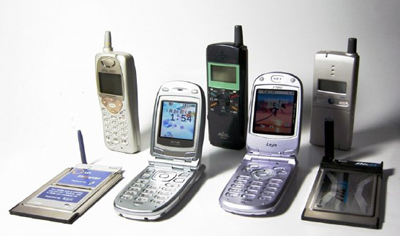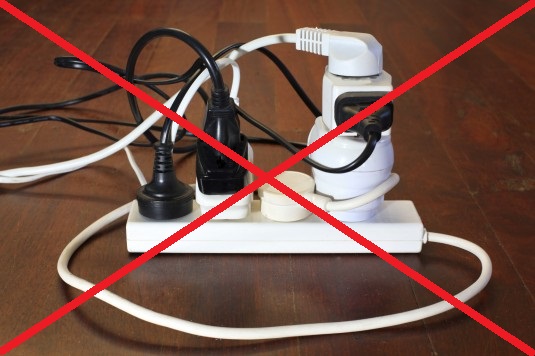2G Networks are switching off.
Optus will start switching off its 2G mobile network from April 2017 and Vodafone’s 2G network will turn off in September 2017. Telstra already shut down its 2G mobile network at the end of 2016.
The Optus 2G network in WA and NT will switch off on 3 April 2017 and in SA, QLD, VIC, NSW, TAS and ACT it will switch off on 1 August 2017.
Most 2G customers will need to either upgrade their SIM or handset to continue to receive service. Contact your service provider to find out what your options are.
For further information see the Australian Mobile Telecommunications Association website.



